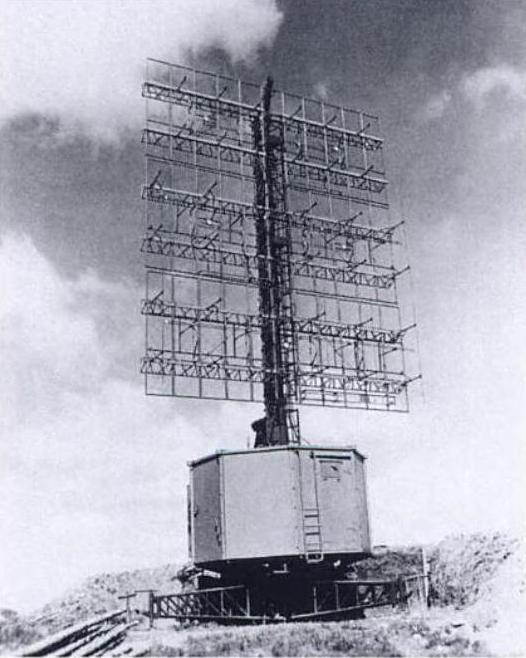Last month, I posted an item on the Norwegian experiment in encouraging taxpayers to pay more than they owed in national tax. More recently, Tim Worstall reports an uptick in UK taxpayers voluntarily sending Her Majesty’s government more than they owed:
… the greater publicity of this ability to pay more has indeed led to more people making those extra voluntary payments. Further, to a more regular reporting of how many do so:
Jeremy Corbyn’s claim that many people want to pay “more tax” to clear the national debt or fund public services has been undermined by official figures.
Figures disclosed by the Government show that just 15 taxpayers made financial gifts worth less than £200,000 to the Government over the past two years.
15 people is of course more than 5.
The Debt Management Office said that £180,393 in 2016/17 and £14,558 in 2015/16 was made in these voluntary payments.
Most of this came from a single bequest of £177,700 in the last financial year. The other donated or bequeathed by the other 14 people were for relatively trivial sums. Someone gave 1p, another gave 3p and a third person handed over £1.84 to the Government.
Although not that much more then if we’re honest about it.
[…]
At which point something economists are most insistent upon. What people say is nowhere near as good a guide to their beliefs as what people do is. Expressed preferences are all very well but the truth comes from revealed preferences. Many might say they will pay higher taxes in order to gain more government. Very few do, so few that we can dismiss the expressed wish as being untrue.
It could of course be true that many would like other people to pay more in taxes, it could even be true that some to many would happily pay more if others did as well. But those are different things, the argument that people wish to pay higher taxes themselves and themselves alone has been tested and been found to be wrong–simply because when the opportunity is made available people don’t.
Once again, for my Canadian readers, it’s totally legal and acceptable to pay Her Majesty in right of Canada any additional monies you might feel are appropriate…





